When One Parent Needs Care:
Tips for Finding the Right Nursing Home
By June Duncan
As your parents have gotten older, you’ve kept a closer eye on their health. Lately, you’ve realized that while one of them is still thriving and handling his or her responsibilities independently, the other needs more support than your family can give. Now, you’re faced with the difficult task of finding the right nursing home for one parent while helping your other parent adjust to their new lifestyle.
The following tips will help you talk about assisted living with your parents, make the most of facility tours, pay for nursing home fees, and more!
Start the Conversation
Perhaps your healthy parent has already spoken to his or her spouse about moving into a nursing facility. But if they haven’t had this conversation yet, it might be up to you to broach this tough topic. Make sure to approach the conversation gently, and choose a private time to have this discussion. Your parent may not be agreeable at first, so you might have to revisit the conversation again at a later time.
Types of Facilities
Which types of facilities should you look at? This completely depends on what kind of care your parent needs. Different senior-living facilities provide different medical services. Your parent might be best suited for assisted living with independent apartments, memory care, or a skilled nursing facility; explore all the options, and talk to your parent’s doctor about his or her recommendations.
Factors to Consider
You’ve figured out which type of facility you should be looking for. Now you’ve got your work cut out for you. First, determine where you want to look for a facility. Chances are, you’ll want to tour facilities close to where your parents live currently. But the National Institute on Aging explains that you’ll also need to consider a few other factors, such as cost, amenities and activities offered, and staffing.
You will also want to look up each facility that seems promising to ensure that they have not been flagged with any violations. And look for one that offers lots of engaging staff activities to make it easier for your parents to enjoy their time together during visits.
Tour Facilities
You don’t want to move your parent into a facility that you haven’t explored personally. Even if a particular facility seems nice on paper, you won’t know what it’s like in reality until you see it for yourself. Reach out to facilities that you’re interested in to schedule tours. Aim to visit during peak hours so that you can see how the facility runs when the staff is busy. Make sure to ask about the staff-to-resident ratio, too.
Downsizing Options
Once you’ve found the right facility for your ailing parent, the one who’s staying at home will need to start thinking about his or her downsizing options. HHe o He or she might be interested in moving to a smaller home, condo, or apartment. Alternatively, he or she may be happiest moving into an independent living facility, to become part of a community of seniors.
Financing Care
Nursing home fees can be quite expensive. Perhaps your parents have long-term-care insurance to cover this expense. Or they may be able to use the profits from a home sale – with or without pre-marketing updates - to fund the cost. (Keep in mind that if your parents owned a historic home, it’s a good idea to avoid remodeling it before putting it up for sale.)
If your parent doesn’t plan to downsize, or you know that any profits from the sale of your family home won’t be enough, you’ll need to consider alternative strategies for financing care. Elder Needs Law states that you may be able to pay with cash from your parents’ retirement savings or take out a reverse mortgage on the home. Depending on your parents’ assets, they might qualify for Medicaid coverage.
Alleviate Stress
There’s no denying it - searching for the right nursing home can be grueling. It’s not easy to handle such an emotionally charged task without getting overwhelmed. When you feel like you’re about to crack, it’s a sign that you need to take a step back and focus on alleviating your stress. Sometimes, pausing to simply take a deep breath can work wonders for your mood.
If you’re feeling lonely during this process, you may want to reach out to friends who have been through similar situations before. You’re not the first person to face this scenario, and people who have walked in your shoes will generally be more than willing to give you tips and advice. Caring for your parents in their golden years is not easy, and it’s normal to feel stressed sometimes.
Regular Visits
When moving day rolls around for your parent, you will probably want to hire movers for assistance. Although their room will be furnished, they will want some of their belongings from home, and if you can’t transport heavy items on your own, movers will make the entire day easier.
Once your parent is comfortably settled in, you’ll want to spend time with him or her to help in the adjustment to these new surroundings, especially if memory loss is an issue. Furthermore, it’s a good opportunity to discuss when you’ll be back for your next visit. Talk to both of your parents about regular visits, and if necessary, be available to drive your other parent over to the nursing home for family time. You will definitely want to check in on your parent frequently to make sure he or she is being well cared for.
Arrange Home Services
Your stay-at-home parent may need a bit of extra help around the house now that he or she is living alone. If you don’t have the time to come over and personally lend a hand, it’s good to budget for home services to ease the domestic burden. When necessary, you can also bring in home-care specialists to provide various degrees of medical services, from basic care to memory and specialized care. Visit these organizations online to learn more about how they can help your loved one age in place.
You may also need to hire a cleaning service, bring in reputable home-maintenance contractors, and possibly pay for a landscaper to take care of outdoor maintenance.
Keep the One at Home Company
Right now, your parent at home might be feeling very lonely. After all, they lived together for years, and no doubt hoped that they would never see a day when the two of them would have to live apart. This is a time when you will want to go above and beyond for your healthy parent.
Think about how you can be there for your parent. Can you swing by to visit him or her on the weekend and have dinner together? Could you plan fun outings and day trips? Would you be able to host both of them for visits in your home? Anything you can do to lift each one’s spirits will be much appreciated.
Make the Best of a Difficult Situation
Helping one of your parents move into a nursing home isn’t easy. But with the right approach, you find a comfortable, safe home for your parent, budget for nursing home fees, and keep your own stress levels low throughout the process.
About the author
June Duncan is the co-creator of Rise Up for Caregivers, which offers support for family members and friends who have taken on the responsibility of caring for their loved ones. She is author of the upcoming book, The Complete Guide to Caregiving: A Daily Companion for New Senior Caregivers.
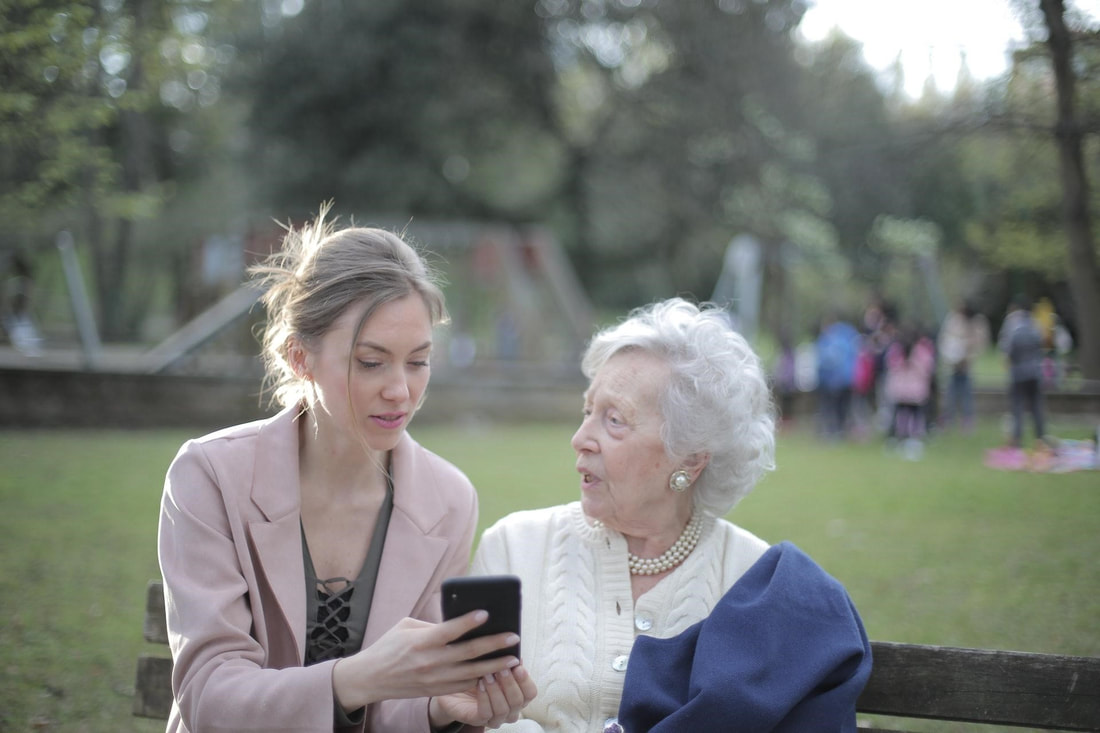
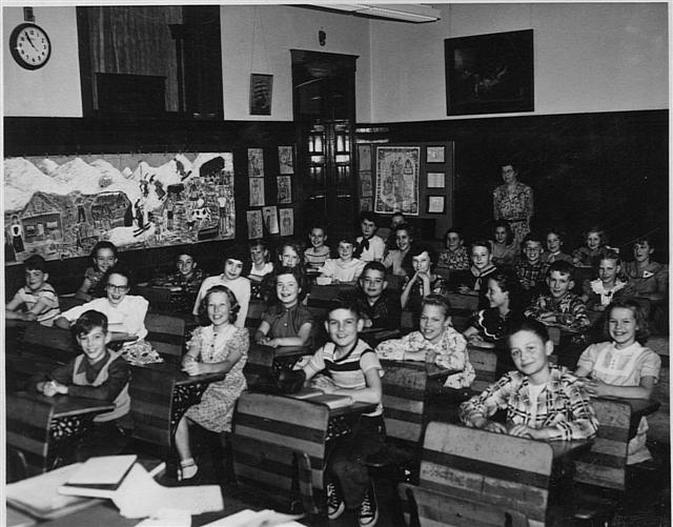

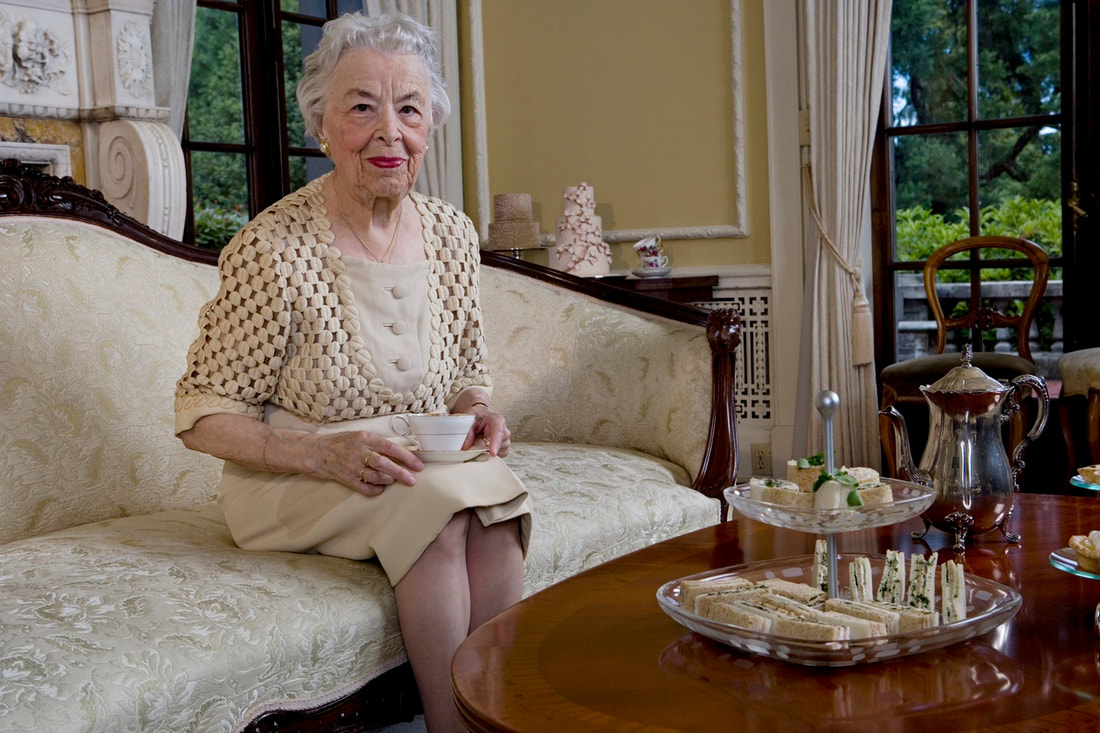
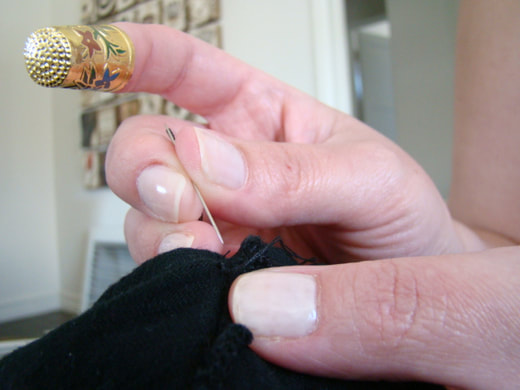

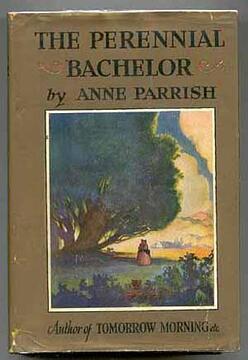
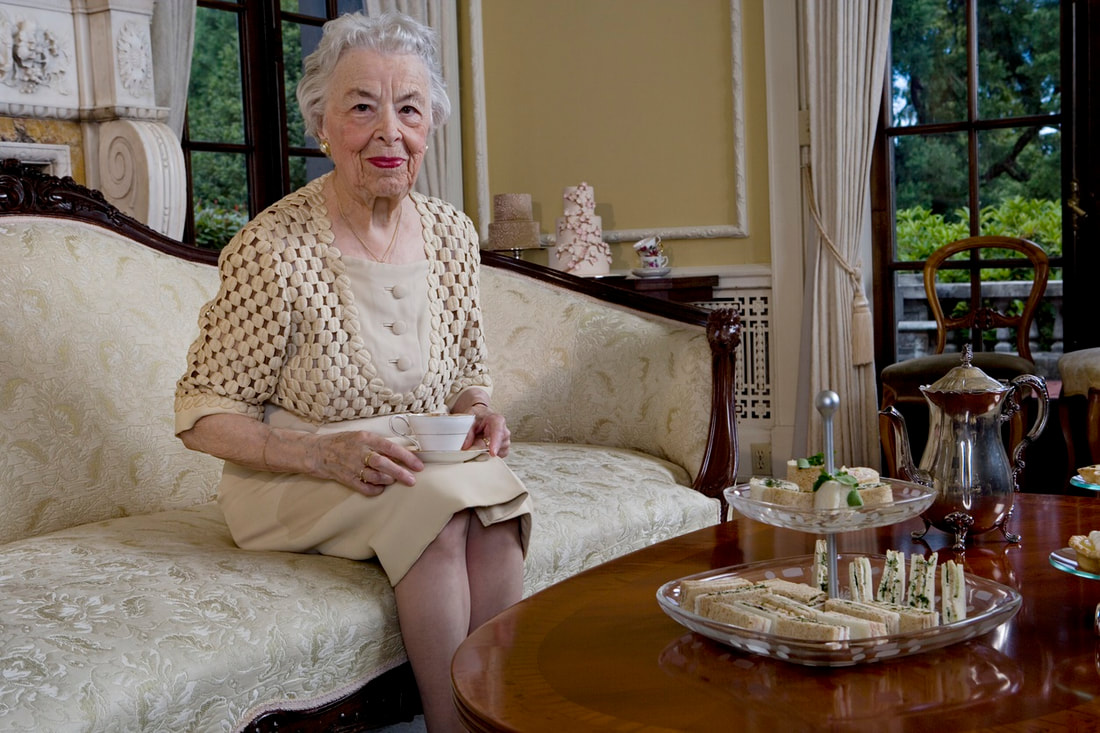
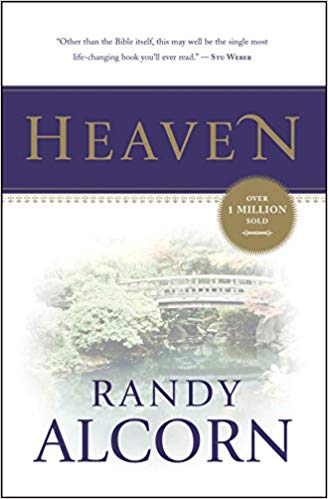
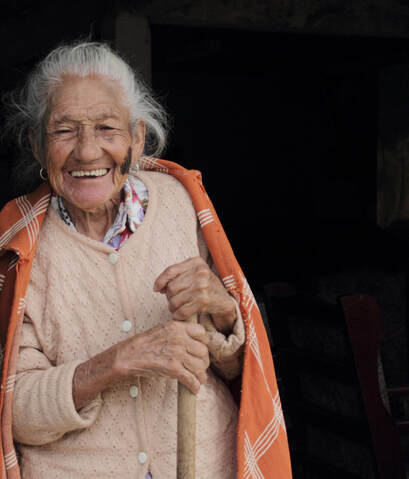

 RSS Feed
RSS Feed